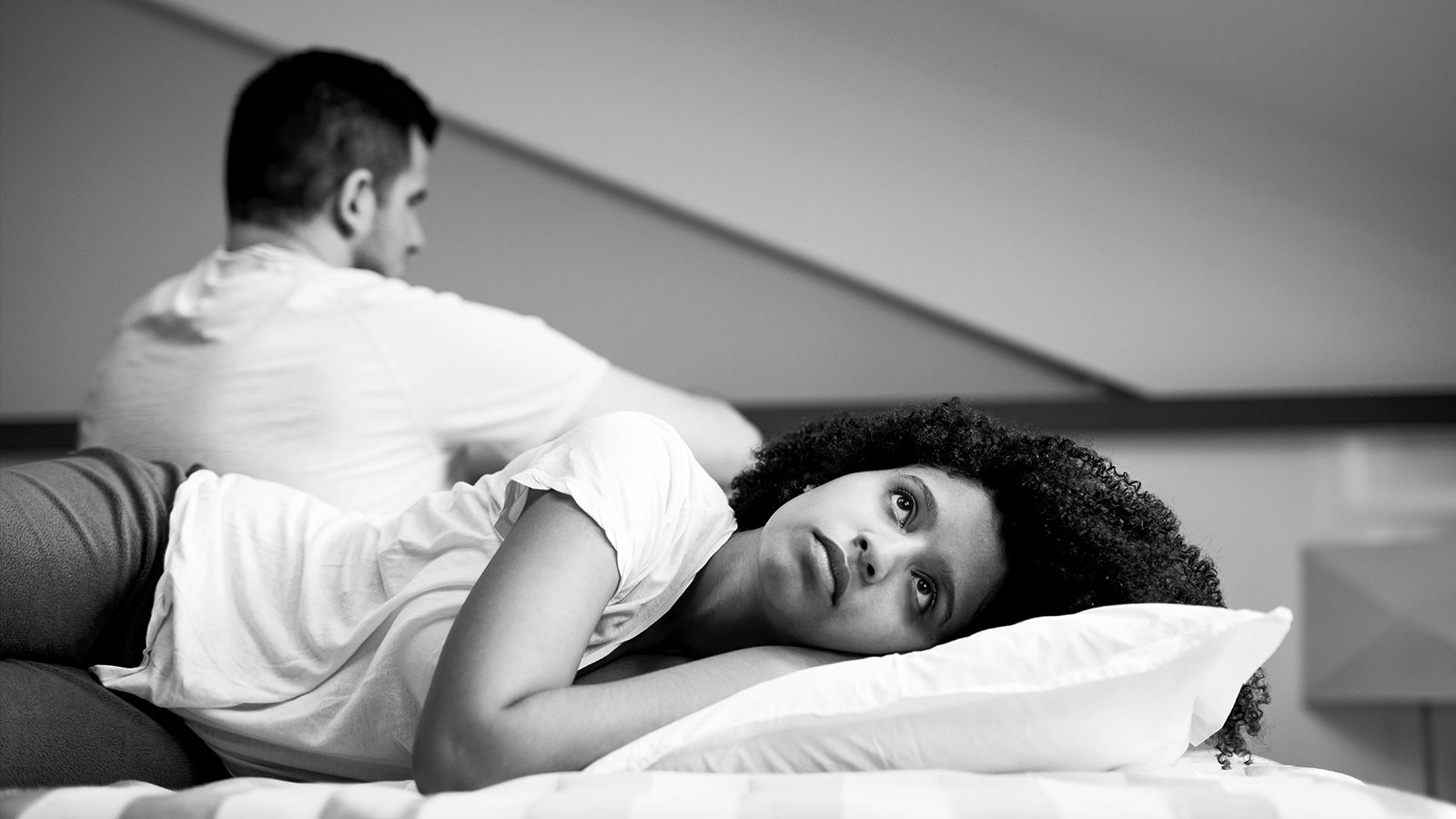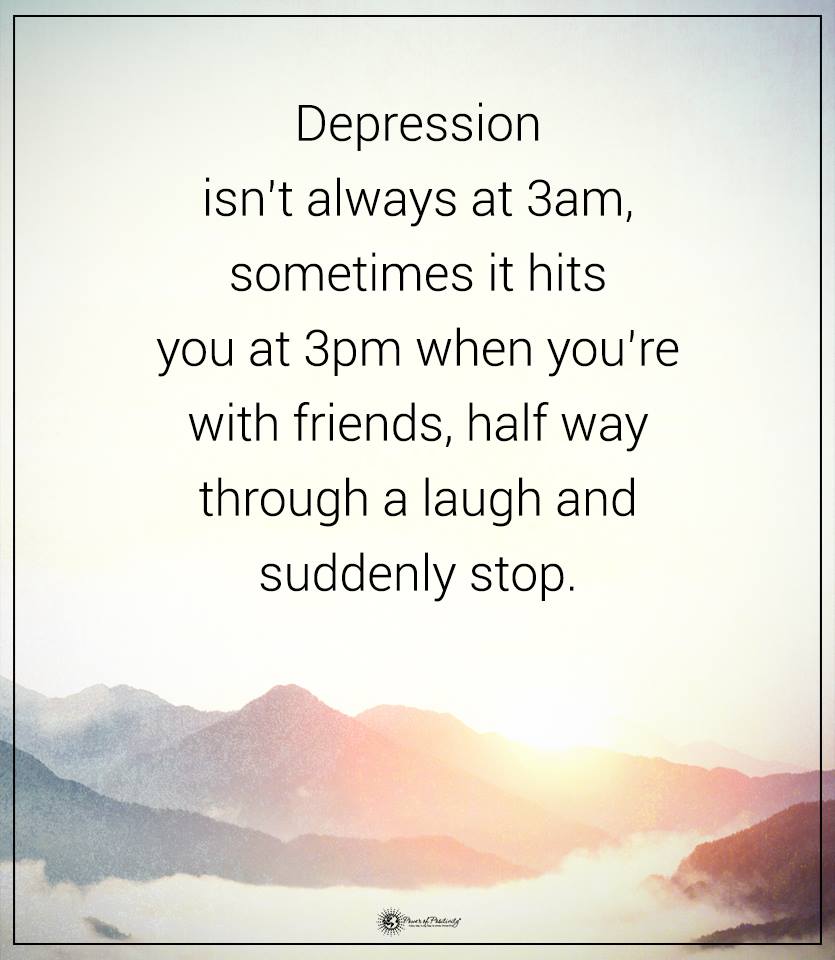After getting married, you likely expect happiness and bliss rather than depression. However, many newlyweds feel depressed after the wedding is complete and the newly-married life begins.
A wedding is an exciting time in your life, but the aftermath can trigger negative feelings. Ordinary life sets in, and it’s not always easy to adjust to it. You might experience some of the symptoms associated with clinical depression, although post-wedding blues don’t last long-term and have a definable cause.
Post-wedding depression is situational and often occurs immediately after the wedding and honey mood are over. It involves feelings of emptiness and melancholy that can happen to both men and women. It’s an unexpected situation that is hard to recognize, accept, or overcome.
Many couples believe that the months after a wedding are the happiest times, but it’s not always an accurate assessment. Rather than experiencing the beginning of a shared, happy journey, you can feel disconnected or depressed.
What the Science Says About Why Newlyweds Sometimes Feel Depressed
Many people feel depressed after the wedding ceremony and honeymoon are over. It catches them off guard because it’s not something many people expect.
Research explains that pressure for perfection during the wedding can lead to depression when it’s over. It can trigger feelings of sadness and letdown that last for months.
Other studies indicate that 12% of brides developed depression within six months of their wedding being complete. Having these feelings as soon as your wedding ends can lead to long-term problems in your marriage. It could contribute to dysfunctional relationship patterns and often hints at a future divorce.
Many who experienced depression after their wedding focused all their attention on planning their big day. They may have focused on the event so much that they didn’t prioritize their relationship health before the big day.
Others had questions about the relationship or felt uncertain before the event. Still, some felt sad because their expectations of married life were inaccurate. These feelings can be hard to deal with, but you can overcome them and find happiness again.
Eleven Signs of Post-Wedding Depression in Newlyweds
The most common signs of post-wedding blues are low mood, sadness, and lack of excitement. However, there are other signs to watch for, including the following:
- boredom
- apathy
- lack of pleasure
- irritability
- lack of purpose
- doubting your marriage decision
- not enjoying things that you used to like
- inability to focus
- disturbances to your appetite and sleep health
- resentment
- unexplainable anger
If the signs last for an extended time, you can consider seeking medical support. A professional can help you improve your mental health and promote positive well-being.
If you had depression symptoms, a new marriage could exacerbate the situation. Shared schedules, less private time, and feeling like you’re not an individual anymore can cause overwhelming sadness.
Ten Primary Causes of Post-Wedding Depression in Newlyweds
It’s not always easy to know why someone experiences depression during an exciting time. However, life changes like marriage can trigger symptoms for many reasons.
1 – The Spotlight is Over
Some people use their wedding day and the events leading up to it to get attention. When the wedding is over, the spotlight also goes away. The shift can be hard on people as they go from being the center of attention to returning to ordinary life.
2 – Newlyweds May Experience a Feeling of Emptiness
Planning a wedding can consume your thoughts and free time. Once it’s over, you might feel empty without so much to do.
You also likely made memories planning with your spouse, and now the excitement is over. Learning to adjust and find new things to fill your time with might leave you feeling empty.
3 – Thinking About the Financial Cost of The Wedding
Weddings can be expensive, and the costs seem to add up more than you thought they would. There’s a heavy financial aspect involved, even with a budget. Post-wedding depression can occur after the wedding when you start thinking about the money you spent.
4 – Newlyweds Feel the Pressure of Unmet Expectations
You might have expectations about post-wedding life that don’t work out. These unfulfilled expectations can cause depression in newlyweds as they adjust to reality. It can lead to sadness and fear about the future.
Having unrealistic expectations can also cause post-wedding depression. You might have assumed marriage would be perfect without fights or disagreements. Returning to your daily routine will expose these issues, and it can be hard to cope with at first.
You and your partner won’t always agree on everything, and you may have less time to spend together. It can cause you to miss the wedding planning stage of your relationship, causing symptoms of depression.
5 – Feeling Unfulfilled
Newlyweds often think they’ll be happier when a specific event or situation occurs. However, they realize it doesn’t make them feel any better.
If this happens with a wedding, it can lead to depression when you realize it doesn’t work that way. You can focus on things that make you feel fulfilled because a wedding won’t magically make everything the way you want it.
6 – Newlyweds Find Monotonous Days After the Planning
You might experience a loss of energy or overwhelming boredom in the time after your wedding day. Without the excitement of planning and frequent tasks, you might experience a loss of interest in your daily life. Things might seem monotonous, causing you to lack pleasure or enthusiasm.
7 – Using the Wedding as a Patch for Deeper Problems
Sometimes couples use a wedding as an attempt to fix their relationship problems. If a problem has persisted for a while, they might think marriage is the remedy they need. It’s a way of hiding fights, disagreements, betrayal, and doubt.
If this is the case, the couple might use the wedding and honeymoon to reconcile differences. Once the events are over, the daily routine sets back in. When the problems persist, the couple might experience depression about the realization.
8 – Newlyweds Might Feel Isolated
After the wedding is over, you could feel disconnected from your partner. Without the wedding planning to bond over, there could be a void that feels isolating.
9 – Adjusting to the Married Status
Taking on the role of being married is life-changing in many ways. Sometimes you’ll experience resistance to some of the things it involves, making you regret or question your decision. You might also feel tied down and miss the freedom of living a single life.
Being married sometimes leads to not seeing your friends or loved ones frequently. It can also interfere with your hobbies and alone time. Not being able to focus on these aspects of your life often can cause depression for newlyweds.
10 – Regretting Aspects of the Wedding
Weddings take lots of planning, and not being happy with parts of it can lead to regret. Whether you were unhappy with the flowers, invitations, music, or anything else, it might cause negative thinking and depression.
You might wish you did things differently and get worked up about not being perfect. The lingering thoughts can contribute to depression symptoms.
How Newlyweds Can Overcome Post-Wedding Depression
If you experience post-wedding blues, you can overcome it and start enjoying life again. It doesn’t mean that the marriage is wrong or you’re unhappy with your spouse. Marriage is a big adjustment and can take time to accept.
1 – Acknowledge and Accept Your Feelings
Taking time to recognize and accept your feelings can help you find positive ways to overcome the situation. Don’t place blame or judge your feelings but try to identify why you feel that way.
2 – Shift Your Perspective From Depression to Your Relationship
When you feel depressed after the wedding, you can shift your perspective to find happiness. Remember that the event wasn’t the most important aspect of your relationship. Instead, the bond you two share is what’s essential.
When you feel like you don’t have anything to do or focus on, find a new project or plan a trip. Take the time to do things that make you feel good, shifting your perspective from negative feelings.
3 – Spend Time with the People You Care About
Getting married doesn’t mean you can’t spend time with your friends and family. Spend time with the people you care about and want to be around.
4 – Communicate With Your Partner
Tell your partner how you feel and what you need to find happiness. It can help you process your emotions and strengthen your relationship. Communication also prevents misunderstandings and allows you to feel closer.
5 – Newlyweds Can See a Counselor to Work Through Post-Wedding Depression
If your symptoms don’t seem to improve, you can visit a professional for help. You can consider couples therapy or see a therapist alone. Post-wedding depression is common, and a therapist can help you overcome it. They offer an outside perspective and can help you find ways to cope.
Final Thoughts on Understanding of Post-Wedding Depression in Newlyweds
While post-wedding depression is common, it doesn’t mean you don’t want to be married to your spouse. Marriage is a life-changing event, and you might struggle to adjust.
If you experience post-wedding depression, you don’t have to let it affect your life. You can find ways to overcome the feelings and focus on building a life with your new spouse.

















 Community
Community

